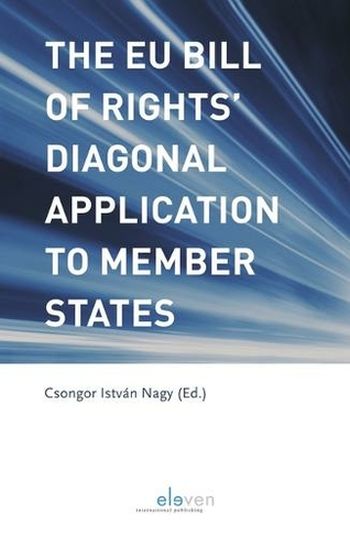We will be closed from 5pm Thursday 17th April for the Easter Bank Holidays, re-opening at 8.30am on Tuesday 22nd April. Any orders placed during this period will be processed when we re-open.

It is out of the question that nowadays the European competence to defend rule of law and human rights against Member States is one of the core issues of the ‘European project’. In the last decade, the EU institutions have made several, benevolent but feeble, attempts to enforce rule of law and human rights requirements. Though EU law’s approach, at least at first glance, might appear to be idiosyncratic, it is far from unprecedented and, as far as multilevel constitutionalism is concerned, EU law may draw on the experiences of various regimes where centralized human rights protection and national (state) constitutional identities coexist. Comparative federalism provides an array of experiences, solutions and techniques, which help the European integration to grasp and address the diagonal enforcement of human rights and to take stock of its solutions. This volume addresses the EU’s human rights problem from a comparative perspective and explores the constitutional and jurisprudential patterns addressing the question of inquiry in a multilevel constitutional architecture.